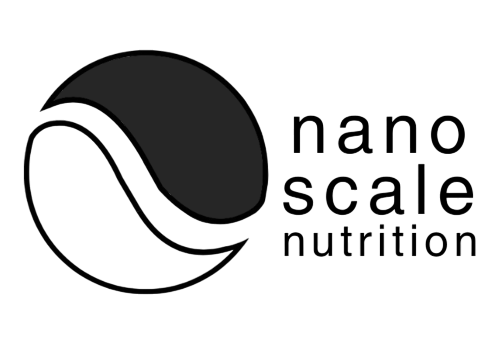Dietary Supplements for LDL-Cholesterol Lowering and ASCVD Risk Reduction
This information is educational only, does not constitute medical advice, nor establish a patient-doctor relationship. Consult a healthcare provider before starting supplements.
Dietary supplements can complement conventional western therapies for managing cholesterol and reducing cardiovascular risk. One of the biggest challenges with supplements is ensuring that what you're taking actually contains the active compounds in effective amounts. The global cholesterol supplement industry exceeds $1.5 billion annually, yet the market remains largely underregulated with minimal third-party testing. This lack of oversight means many products vary in quality, potency, and purity. Because demand is high and regulation is loose, manufacturers often have little incentive to perform individualized titration or batch testing.
That’s where working with a specialist like me can help. I can guide you toward evidence-based options and trusted sources, personalized to your health profile.
Click here to schedule a time to chat with me
Highly Effective Supplements
Red Yeast Rice (RYR)
Active Compound: Monacolin K
Mechanism: Inhibits HMG-CoA reductase.
LDL Reduction: ~20–30% decrease (35.8 mg/dL).
Dosage: ~1200-2400 mg/day standardized extract.
ASCVD Risk Reduction: Significant (45% relative reduction)
High-dose Omega-3 (EPA)
Active Compound: Eicosapentaenoic acid (EPA)
Mechanism: Reduces plasma triglycerides concentration, stabilizes plaque, reduces inflammation.
LDL Reduction: Minimal direct LDL change.
Dosage: 4 g/day
ASCVD Risk Reduction: Significant (25% reduction in major CV events).
Moderately Effective Supplements
Plant Sterols/Stanols
Active Compound: Phytosterols
Mechanism: Blocks cholesterol absorption in intestines.
LDL Reduction: ~8–10% decrease (12 mg/dL).
Dosage: 2 g/day.
Psyllium Husk Fiber
Active Compound: Soluble fiber
Mechanism: Binds cholesterol and bile acids, promoting excretion.
LDL Reduction: ~7–10% decrease (12.8 mg/dL).
Dosage: ~10 g/day.
Berberine
Active Compound: Alkaloid
Mechanism: Increases LDL receptor expression via PCSK9 inhibition, activates AMPK.
LDL Reduction: ~10–15% decrease (15 mg/dL).
Dosage: 600–1500 mg/day.
Bergamot Extract
Active Compound: Polyphenols (brutieridin, melitidin)
Mechanism: Inhibits HMG-CoA reductase and PCSK9.
LDL Reduction: 23–39% decrease.
Dosage: 500–1000 mg/day.
Mildly Effective Supplements
Green Tea Extract (EGCG)
Active Compound: Epigallocatechin gallate (EGCG)
Mechanism: Reduces cholesterol absorption, promotes LDL receptor activity.
LDL Reduction: ~4.5 mg/dL decrease.
Dosage: Typical doses ~250-500 mg/day.
Soy Protein & Isoflavones
Active Compound: Isoflavones
Mechanism: Upregulates LDL receptors, reduces hepatic cholesterol synthesis.
LDL Reduction: ~3–4% decrease.
Dosage: 25-50 g/day soy protein.
For specific references (mechanism, dose, and efficacy) please download the full length of the article here.

